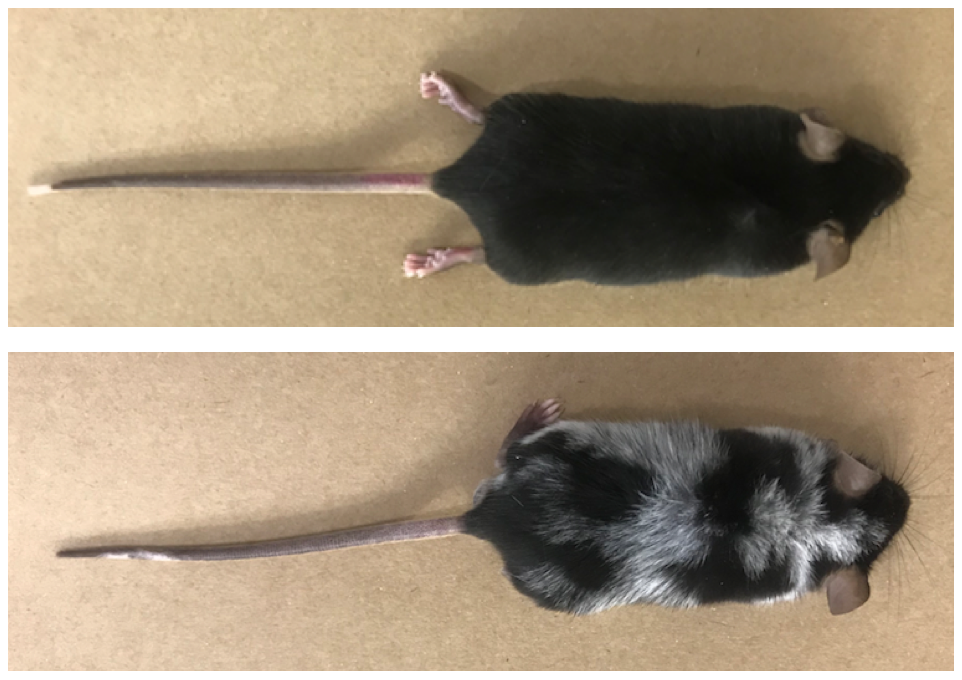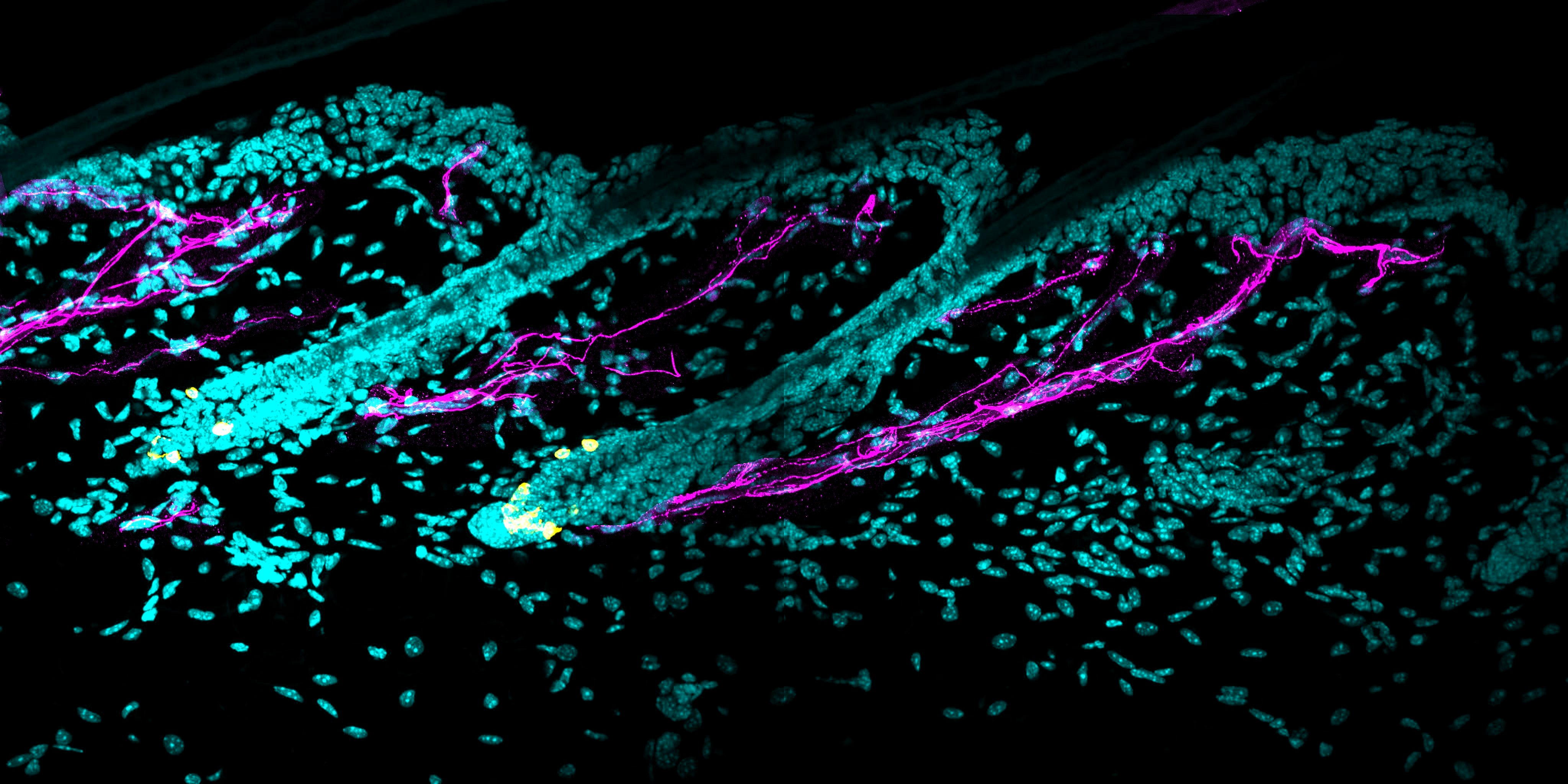‘New evidence’ shows how acute stress can lead to grey hair
Findings lay the groundwork for understanding how stress affects other tissues and organs in the body, the researchers say.

Scientists believe they have uncovered “new evidence” that shows how acute stress can cause hair to turn white prematurely.
Mice experiments have revealed that extreme levels of stress causes the sympathetic nervous system, which is responsible for the body’s rapid involuntary response to dangerous or stressful situations, to become hyperactive.
This, in turn, drives the rapid depletion of stem cells responsible for hair colour, leading to pigment loss and development of white hair.
The team says their findings, published in the journal Nature, contradicts previous theories that stress-related grey hair is a result of immune attacks or stress hormones such as cortisol.
Dr Ya-Chieh Hsu, a professor of regenerative biology at Harvard University in Massachusetts, US, and a senior author on the study, said his work lays “the groundwork for understanding how stress affects other tissues and organs in the body”.
Hair colour is determined by cells called melanocytes, which are derived from melanocyte stem cells (MeSCs).
As people age, the supply of MeSCs is gradually depleted, causing pigmented hair to be replaced with white hair.
While previous studies have linked stress to premature and accelerated hair greying, the underlying mechanism has remained unclear.

This prompted the Harvard team to collaborate with scientists around the world to investigate the biological mechanism that led to the drastic change in the rodents’ hair colour.
The researchers exposed the animals to various types of stressors, including pain, restraint and psychological stress, during different phases of hair growth.
Each stressor was found to cause depletion of MeSCs, eventually leading to the development of patches of white hair.
On further investigation, the authors found that stress activated the sympathetic nervous system, triggering the release of a neurotransmitter called noradrenaline.
They found that noradrenaline caused MeSCs to eventually “move away” from the hair follicles, thereby leading to loss of colour.
The team then looked for genes whose expression was most altered during the stress experiments and narrowed it down to one that encodes a protein called CDK.

Dr Thiago Mattar Cunha, a researcher affiliated with the Centre for Research on Inflammatory Diseases in Sao Paulo, Brazil, and one of the study authors, said: “This finding shows that CDK participates in the process and could, therefore, be a therapeutic target.
“It’s too soon to know whether it will actually become a target some day in clinical practice, but it’s worth exploring further.”
The researchers say their findings do not provide a cure or treatment for grey hair but give an idea of how stress might affect many other parts of the body.
Dr Hsu said: “By understanding precisely how stress affects stem cells that regenerate pigment, we’ve laid the groundwork for understanding how stress affects other tissues and organs in the body.
“Understanding how our tissues change under stress is the first critical step towards eventual treatment that can halt or revert the detrimental impact of stress.
“We still have a lot to learn in this area.”
